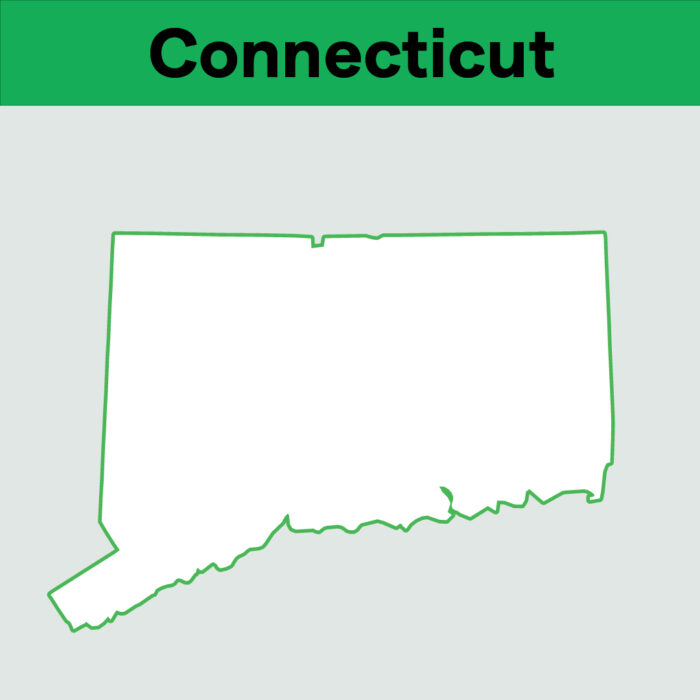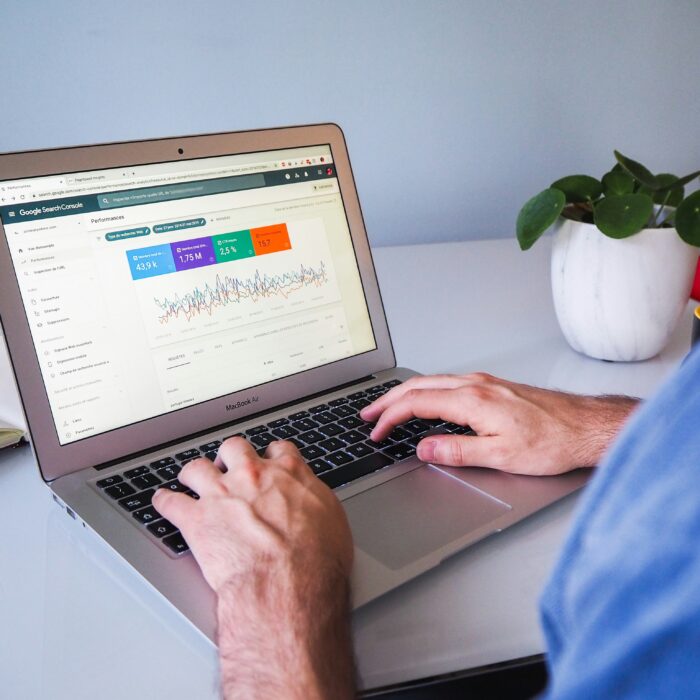South Carolina’s marketplace facilitator sales tax law, explained
by May 21, 2024
Please note: This blog was originally published in 2019. It’s since been updated for accuracy and comprehensiveness.
The state of South Carolina requires marketplaces to collect sales tax on behalf of sellers on online marketplaces. This means that if you sell on a platform like Amazon, then Amazon will collect sales tax from your South Carolina buyers on your behalf, and remit it to the state.
But as usual, there are always a few wrinkles here when it comes to e-commerce sales tax.
This post will explain what online sellers need to know about the South Carolina marketplace facilitator law, and answer your frequently asked questions.
Overview of the South Carolina marketplace facilitator law
South Carolina’s marketplace facilitator law states that marketplace facilitators are required to remit sales tax on all sales into the state if the economic thresholds of $100,000 or more in sales are met. Note that inventory stored in an Amazon warehouse in South Carolina meets the physical presence criteria.
Quick facts about the South Carolina marketplace facilitator law
- Effective date: February 1, 2019
- Threshold: South Carolina’s marketplace facilitator law states that marketplace facilitators are required to remit sales tax on all sales into the state if the economic thresholds of $100,000 or more in sales are met. Note that inventory stored in an Amazon warehouse in South Carolina meets the physical presence criteria.
- State law information: Read the full text of the South Carolina marketplace facilitator law.
- Marketplaces that have adopted this law:
- Amazon (effective April 29, 2019)
- Ebay (effective October 1, 2019
- Etsy (effective February 1, 2019)
- Walmart (effective May 1, 2019)
Frequently asked questions about marketplace facilitator laws
What exactly is a marketplace facilitator in South Carolina?
South Carolina law defines marketplace facilitators as a person engaged in the business of facilitating a retail sale of tangible personal property by (1) listing or advertising, or allowing the listing or advertising of, the products of another person in any marketplace where sales at retail occur and (2) collecting or processing payments from the purchaser, either directly or indirectly through an agreement or arrangement with a third party, regardless of whether the marketplace receives compensation or other consideration in exchange for its services. A marketplace includes any related entity assisting the marketplace in sales, storage, distribution, payment collection, or in any other manner with respect to the marketplace.
A marketplace may be physical or electronic and includes, but is not limited to, any space, store, booth, catalog, website, television broadcast, or similar place, medium, or forum.
Does this mean I can stop collecting South Carolina sales tax?
Remote sellers voluntarily licensed in South Carolina prior to the Wayfair decision must continue to collect and remit Sales and Use Tax as long as they are licensed with South Carolina or meet South Carolina’s economic nexus standard.
If a remote seller is not currently licensed with the Department and is subject to South Carolina Sales and Use Tax only as a result of the US Supreme Court’s decision in Wayfair, the remote seller is not required to collect and remit Sales and Use Tax on sales that occurred prior to November 1, 2018.
Does this mean I can cancel my South Carolina sales tax permit?
This state has not issued guidance. Marketplace only sellers should contact the state to determine if you can cancel your sales tax permit.
Do I still need to file a South Carolina sales tax return?
If you are registered to collect sales tax in South Carolina (i.e. you have an active South Carolina sales tax permit) then the state still requires that you file sales tax returns.
If you only make sales via marketplaces, and all of your marketplaces collect sales tax from buyers on your behalf, then you may only be required to file a “zero return.” (This is a return showing that you do not have any sales tax to remit to the state.)
Be cautious here. If you are registered for a sales tax permit and do not file, the state can assess penalties even though you don’t have any sales tax to remit! We have, unfortunately, talked to too many sellers who have found this out the hard way when a tax penalty bill arrives.
What do I do with any South Carolina sales tax I have already collected?
If you have already collected South Carolina sales tax from buyers, it is vital that you remit that amount to the state. The only way to get in serious criminal trouble in sales tax is to collect sales tax from buyers on the state’s behalf but keep it in your own pocket.
Does TaxJar handle this for me?
Yes.
TaxJar AutoFile handles South Carolina sales tax automatically
TaxJar AutoFile automatically compiles your sales tax data the way the state of South Carolina wants it filed. For example, many states, South Carolina included, want sellers to break down their sales tax collected interstate (sales originating in South Carolina sent to another state) and intrastate (sales made from South Carolina to South Carolina.)
If a marketplace has collected sales tax on your behalf, TaxJar reports that directly to the state so that the state is aware you have met your sales tax obligations.
If you currently AutoFile your South Carolina sales tax returns, you don’t need to do a thing. It’s handled!
TaxJar reports give you all the info you need to file manually
If you prefer to file manually, your TaxJar Reports also reflect what the South Carolina Department of Revenue wants to see on your tax return.
Also don’t worry that you will double pay. TaxJar accounts for sales tax collected on your behalf, and only shows you the amount you owe to the state out of your pocket.
Further reading on South Carolina sales tax and marketplace facilitator laws
- TaxJar’s Marketplace Facilitator FAQ
- State by State: Marketplace Facilitator Laws Explained
- South Carolina Sales Tax Guide for Businesses








